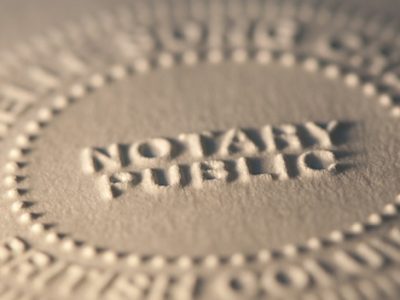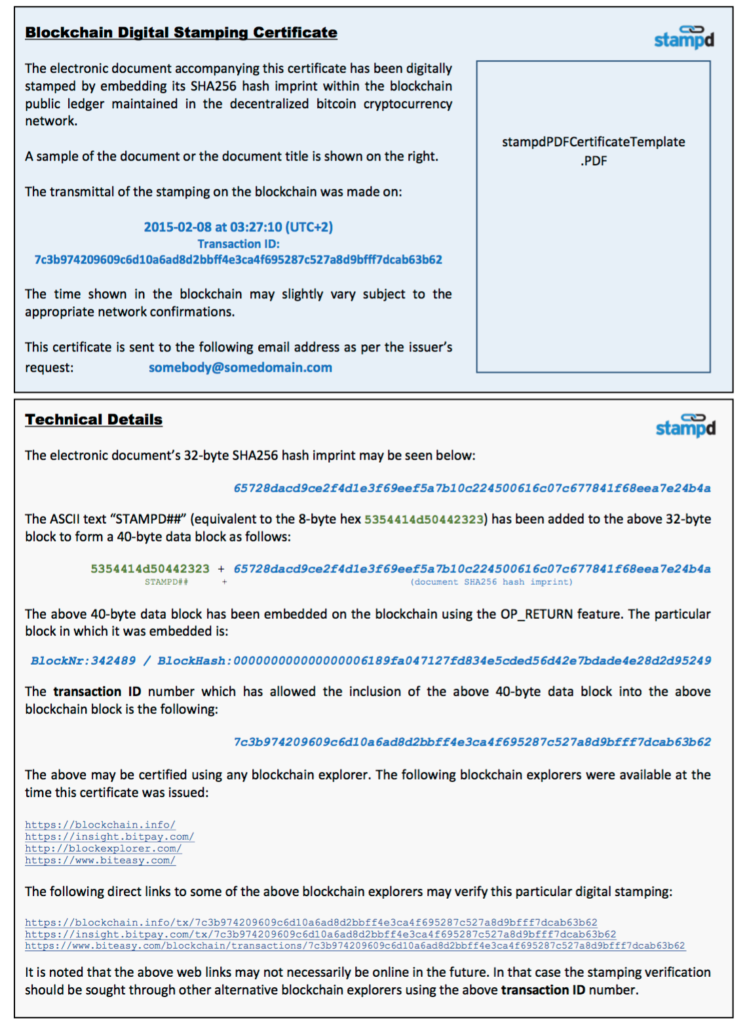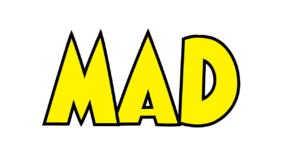
Introduction
At first glance it may seem that blockchain technologies can revamp or disrupt notary services. There certainly has been a lot of hype and articles in this area.
To understand whether or not this is true we need to look at what notary services provide, what blockchain technology provides and see if one can replace the other.
Notary services
Notaries provide a wide range of services. The ones relevant to us are:
- Witness and certify the validity of signatures on documents.
- Certify the authenticity of the documents themselves.
Documents on the blockchain
Storing information on the blockchain provides proof of:
- Timestamp: A digital fingerprint of the document on the blockchain proves that the document, containing an idea for example, was created at that point in time. Data on the blockchain, in geek speak is immutable. That means it cannot change. It is locked within the blockchain forever.
- Ownership: With public/private key technology you can prove that you were the person that put the document there.
- Independently verifiable: Once it is there, any 3rd party can verify that the documents were placed there by the person who holds the private key.
The blockchain is also secure, global and decentralised.
How does it work?
- Under the hood, the document is hashed. This means the content is summarised and represented as a unique 64 character string. To understand more about hash functions read this.
- The 64 character string is then placed on the bitcoin blockchain utilising an OP_RETURN feature. To understand more about OP_RETURN read this.
- A small bitcoin payment has to be paid for the miners to process the transaction and record it on the blockchain. To understand more about what miners do read this.
Websites offering
There are lots of websites offering “notary” like services. Here are some:
- Bitproof – Created by 18 year old Louison Dumont. The process requires users to record a video of themselves though as part of the process.
- BlockSign -Must be a pdf but is a free service.
- ProveBit – Links to a github code repository.
- Stampd – Simple and effective. Costs 9 cents.
- Stampery – Not an online service. More enterprise and consultancy focused. Great Medium post though.
- Proof of Existence – same technical process under the hood. Different (more accurate?) angle.
Stampd is interesting. You upload a file and pay a small fee. You then get a nice little “Blockchain Digital Stamping Certificate”.

So can blockchain technology replace notary services?
- A dedicated online “notary blockchain” service can only provide proof of existence at a point in time. That is, someone created a document at a particular point in the past. However, notarising something is generally about proving it was you who signed your signature and also that all parties who signed, did so willingly and under their own power. An online service cannot do this.
- A cryptographic signature alone is not sufficient to prove identity. It CAN prove ownership of a hash on the blockchain though.
- It also has yet to be tested but in a court room. Therefore the only notarisation that counts at the moment is the old school type.
Realistically, what can probably happen is that notary services will utilise some form of public, decentralised blockchain. This in theory should reduce the efforts required and thus reduce the costs to the end users.
With the advancement of technology though, it is plausible for a person to have their biometric scanned at the local corner store and linked to their private key thus proving identity along with ownership. Who knows.
So can blockchain technology replace notary services? What do you think?
